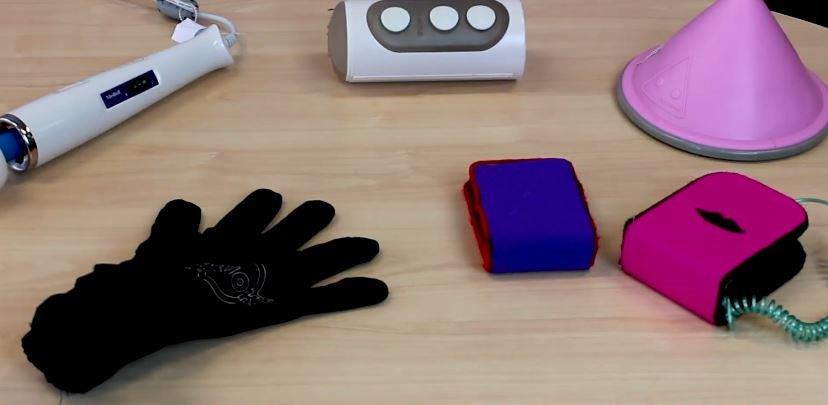Sexuality and Intimacy Important Part of Everyone's Lives
11 February 2014
 Sexuality and intimacy is a part of everybody’s lives, regardless of their age or whether they have a chronic condition or disability. Not long ago I heard a story about a man with a spinal cord injury who was more concerned with being able to get an erection than walking again. This story struck a chord with me reinforcing to me how important it is for us as health professionals to address sexuality as part of routine practice.
Sexuality and intimacy is a part of everybody’s lives, regardless of their age or whether they have a chronic condition or disability. Not long ago I heard a story about a man with a spinal cord injury who was more concerned with being able to get an erection than walking again. This story struck a chord with me reinforcing to me how important it is for us as health professionals to address sexuality as part of routine practice.
As an Occupational Therapist, I previously worked with men and women with physical disabilities, assisting to increase their independence and work towards their individual goals. I was never confident in addressing sexuality issues with my clients; actually, I have never felt comfortable bringing up the topic… I mean what is the best way to bring it up? “Has your condition affected your sex life?” Nothing sounded quite right to me…. I remember asking a few colleagues how they raised the discussion and they said they didn’t know how to. It got me thinking that this could be an area that many more health professionals require more training and support in.
This is what led me to coordinating a Sexuality, Intimacy and Physical Disability Workshop at ILC (now known as Indigo Solutions) for health professionals with Narelle Higson as the presenter. It was so helpful to hear the experiences of a range of health professionals from youth, adult and aged care services who attended the workshop. Some key points that really stuck with me were how it was our responsibility as health professionals to address sexuality with our clients, and not to wait for our clients to raise the issue. Discussing strategies, we can use to talk about sexuality was so helpful.
We were also able to openly discuss and look at a range of assistive equipment, and how these could assist clients. I never realised the amount of equipment that is available, and I wonder how many people with disabilities know and access information about this equipment. It was especially valuable to hear Narelle’s own experiences in this field. She provided us with so many resources so that I can continue my learning. If you click on the link below you can find out more about sexuality and disability including accessible sex toys, sex and fatigue and many more areas.
http://sexuality.about.com/od/sex_and_disability/
Now that I have attended this workshop I feel much more confident to apply what I’ve learnt to my work. I want to start educating clients that we can assist them with sexuality issues. For example, when explaining our role we can specify that “we can assist in all areas of your life- work, leisure, personal care and sexuality”. This is just one of the many ways to start the conversation about sexuality and to get it out in the open and a normal part of practice.
What I learnt from the workshop that I really want to keep in my mind are:
- Sexuality and intimacy are an important part of everyone’s lives!
- We as health professionals need to address sexuality with our clients.
- We don’t need to know all the answers; there are lots of resources and some services that we can access for support.
I found this workshop very beneficial and I hope that we can run more training in sexuality to support health professionals in the future.

 Translate
Translate